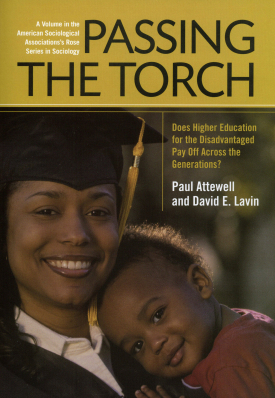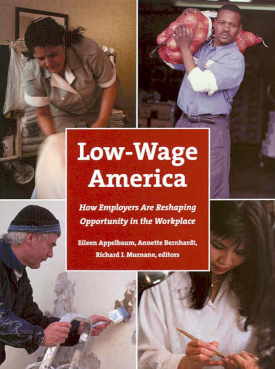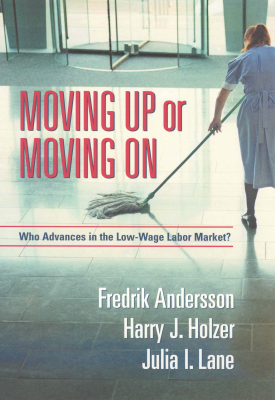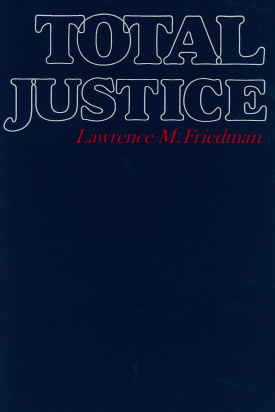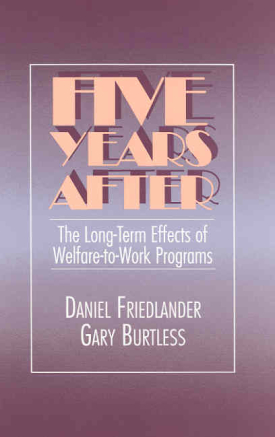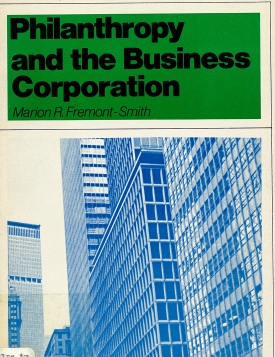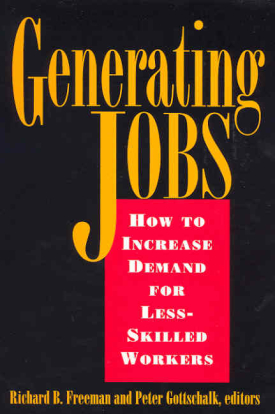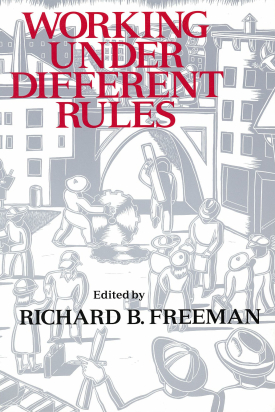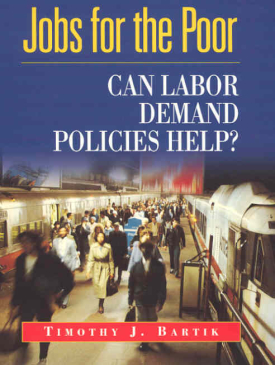
Jobs for the Poor
About This Book
Even as the United States enjoys a booming economy and historically low levels of unemployment, millions of Americans remain out of work or underemployed, and joblessness continues to plague many urban communities, racial minorities, and people with little education. In Jobs for the Poor, Timothy Bartik calls for a dramatic shift in the way the United States confronts this problem. Today, most efforts to address this problem focus on ways to make workers more employable, such as job training and welfare reform. But Bartik argues that the United States should put more emphasis on ways to increase the interest of employers in creating jobs for the poor—or the labor demand side of the labor market.
Bartik's bases his case for labor demand policies on a comprehensive review of the low-wage labor market. He examines the effectiveness of government interventions in the labor market, such as Welfare Reform, the Earned Income Tax Credit, and Welfare-to-Work programs, and asks if having a job makes a person more employable. Bartik finds that public service employment and targeted employer wage subsidies can increase employment among the poor. In turn, job experience significantly increases the poor's long-run earnings by enhancing their skills and reputation with employers. And labor demand policies can avoid causing inflation or displacing other workers by targeting high-unemployment labor markets and persons who would otherwise be unemployed.
Bartik concludes by proposing a large-scale labor demand program. One component of the program would give a tax credit to employers in areas of high unemployment. To provide disadvantaged workers with more targeted help, Bartik also recommends offering short-term subsidies to employers—particularly small businesses and nonprofit organizations—that hire people who otherwise would be unlikely to find jobs. With experience from subsidized jobs, the new workers should find it easier to obtain future year-round employment.
Although these efforts would not catapult poor families into the middle class overnight, Bartik offers a powerful argument that having a full-time worker in every household would help improve the lives of millions. Jobs for the Poor makes a compelling case that full employment can be achieved if the country has the political will and adopts policies that address both sides of the labor market.
Copublished with the W. E. Upjohn Institute for Economic Research.
TIMOTHY J. BARTIK is senior economist at the W. E. Upjohn Institute for Employment Research.

